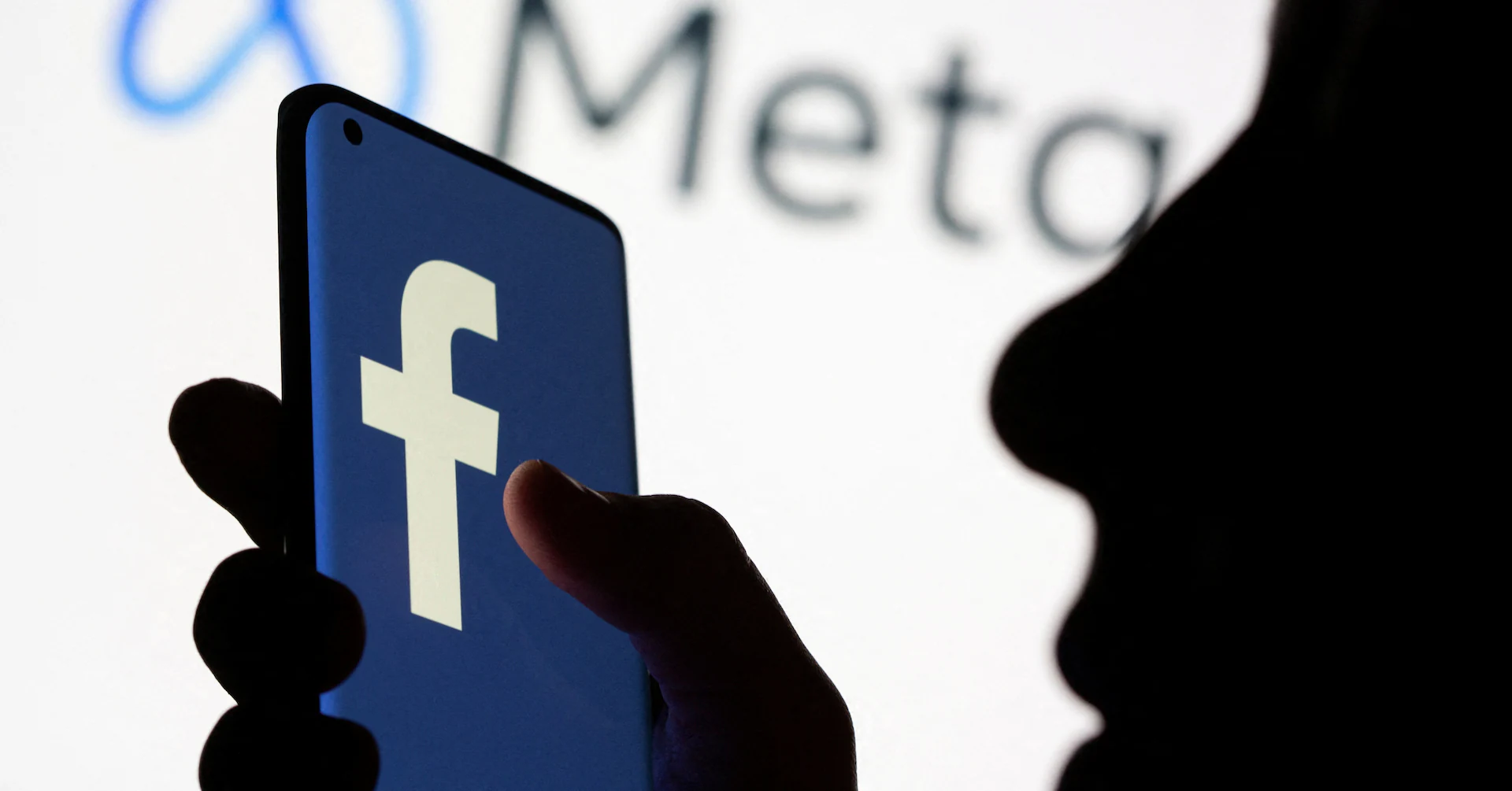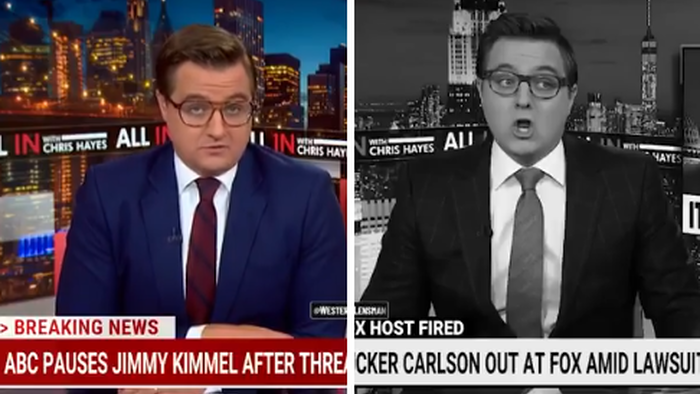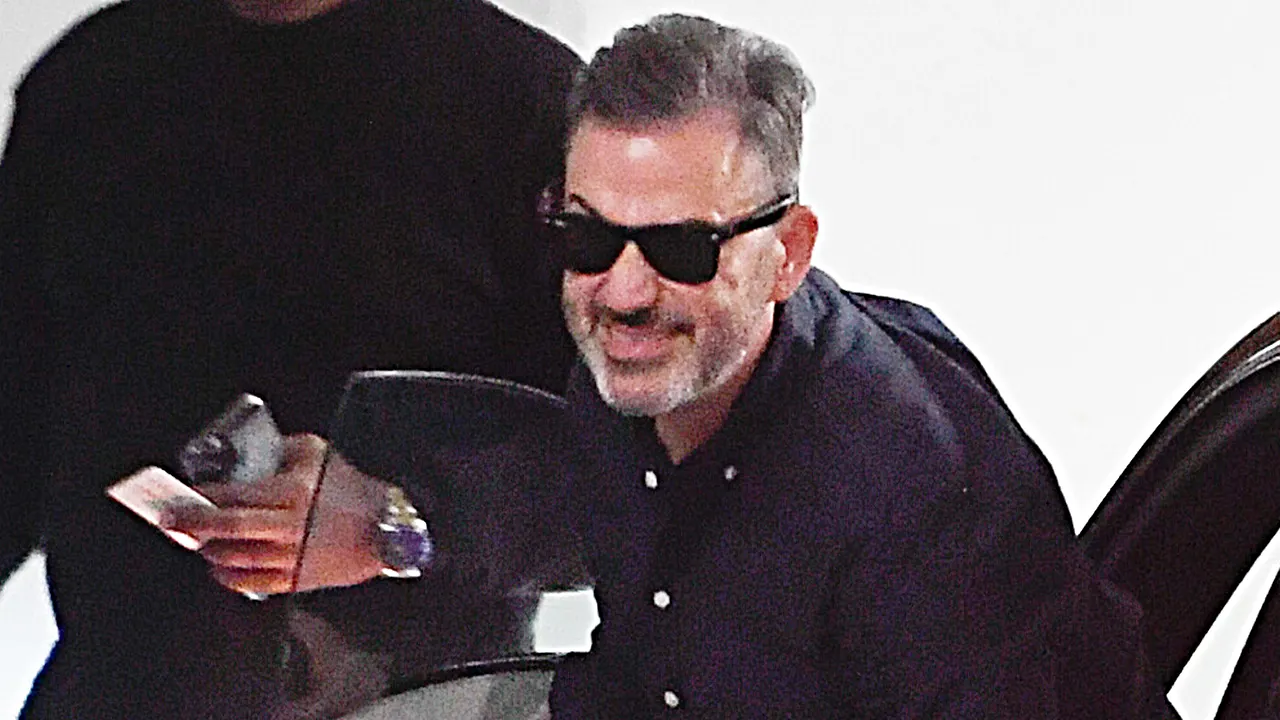
Sept 19 (Reuters) – As the first batch of payments in a massive class action settlement with Facebook for alleged privacy violations began rolling out this week, I happened to land near the front of the line.
An out-of-the-blue email on Monday informed me that $34.17 had been deposited into my Venmo account — my share, as a longtime Facebook user, of the $725 million deal.
Sign up here.
After verifying the email was legit and the money was indeed transferred, I was left marveling: could the process for getting paid, which is set to continue over the next 10 weeks, really be this simple for all 19 million class members who filed eligible claims?
Yes … and no.
The conflict has its roots in a shift in consumer payment preferences. While paper checks were the norm just a few years ago, class action plaintiffs nowadays overwhelmingly want to get their slice of a settlement digitally, including via PayPal, Zelle, direct deposit or prepaid credit card. (Because who wants to make a trip to the bank to deposit $34? Not me.)
Still, this digital shift has opened new fault lines between plaintiffs lawyers and the settlement administrators tapped to oversee the mechanics of distributing what can be vast sums of money. The conflict has come to the fore in the Facebook case as well as other recent litigation — but more on that later.
The Facebook class action began in 2018, when the social media giant was accused in a suit filed in San Francisco federal court of allowing third parties, including political consulting firm Cambridge Analytica, to access users’ personal information.
Without admitting wrongdoing, Facebook parent Meta agreed to settle the case in late 2021.
Meta and plaintiffs lawyers from Keller Rohrback and Bleichmar Fonti & Auld did not respond to requests for comment.
After the 9th U.S. Circuit Court of Appeals in February rejected a pair of challenges to the deal, the stage was set for Angeion to begin the process of doling out the money.
As the settlement administrator, the Philadelphia-based company was selected by the plaintiffs team and approved by the court to notify eligible class members, vet their claims and distribute payments ranging from a minimum of $4.89 to a maximum of $38.36.
The Facebook settlement garnered a comparatively impressive 6% claim rate, after Angeion weeded out about 9 million fraudulent and duplicative payment requests, court records show.
But how best to go about compensating 19 million people – one of the largest claimant groups ever, according to plaintiffs lawyers?
A whopping 94% of claimants requested digital payments, and the most popular method — picked by 5.3 million class members — was a prepaid digital Mastercard.
That’s where things got tricky.
Plaintiffs lawyers from Edelson Lechtzin, who did not respond to a request for comment, argue the settlement administrators breached their fiduciary duty to class members by denying them the benefit of this revenue.
In the wake of the lawsuits, plaintiffs lawyers in the Facebook case said they immediately asked Angeion if it had an undisclosed revenue-sharing agreement with digital card issuer Blackhawk in their case, according to court documents.
The answer was yes.
The Angeion spokesperson called the agreement “commercially reasonable, negotiated at arm’s length and entirely appropriate.” Likewise, Blackhawk said the arrangement was “documented and auditable, with pricing terms agreed upon before any class member receives a card.”
Still, Angeion declined to share the contract with class counsel, agreeing instead to allow U.S. District Judge Vince Chhabria, who is overseeing the Facebook case, to review it privately.
The specifics of the deal remain unclear. One thing we do know is that if class members go a year without using their credit card, Blackhawk will charge them a monthly 95 cent inactivity fee – which with 5.3 million cards, could add up quickly.
However, class members will get the fees refunded if they later resume using the card. If not, any remaining balance (after the fees) is eventually escheated, or handed over to the state, in the cardholder’s name.
He also said the revenue Angeion gets from Blackhawk is factored into the price Angeion charges the class for its settlement work, and that without it, “Angeion would incur higher costs and enjoy less flexibility to offer competitive pricing.”
It was left to Chhabria to decide how to proceed. Lawyers for the plaintiffs and Meta suggested either allowing the class members to receive the prepaid Mastercards with additional safeguards or to scuttle the credit cards altogether and ask class members to pick another payment option.
Plaintiffs lawyers called the latter “a good alternative” that “cures the nondisclosure problem,” but Meta lawyers favored sticking with the credit cards.
In an August 27 docket entry, Chhabria, without elaboration, allowed the prepaid credit cards to be used.
It seems likely Angeion and other settlement administrators will continue to face similar questions going forward, now that plaintiffs lawyers and judges are on notice of their once-secret deals.
Reporting by Jenna Greene
Our Standards: The Thomson Reuters Trust Principles., opens new tab
Opinions expressed are those of the author. They do not reflect the views of Reuters News, which, under the Trust Principles, is committed to integrity, independence, and freedom from bias.
Jenna Greene writes about legal business and culture, taking a broad look at trends in the profession, faces behind the cases, and quirky courtroom dramas. A longtime chronicler of the legal industry and high-profile litigation, she lives in Northern California. Reach Greene at jenna.greene@thomsonreuters.com



